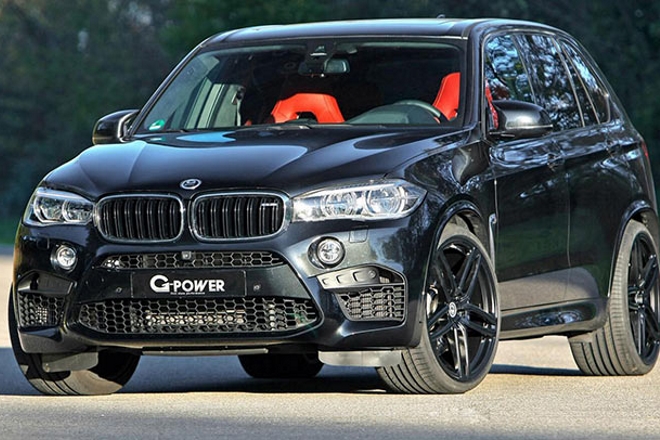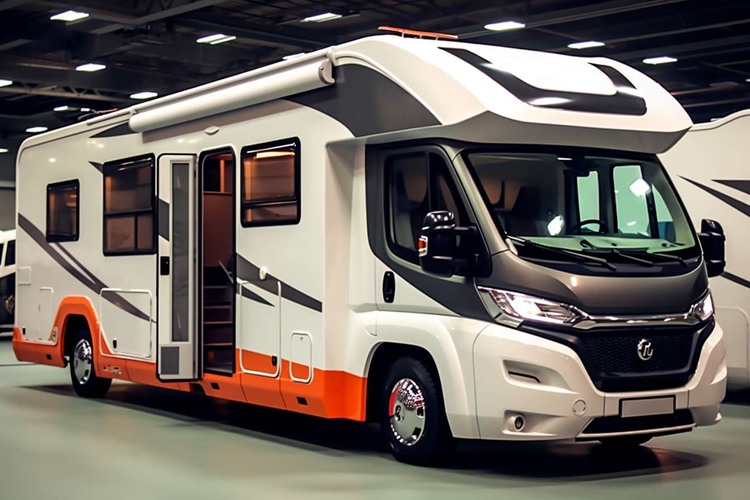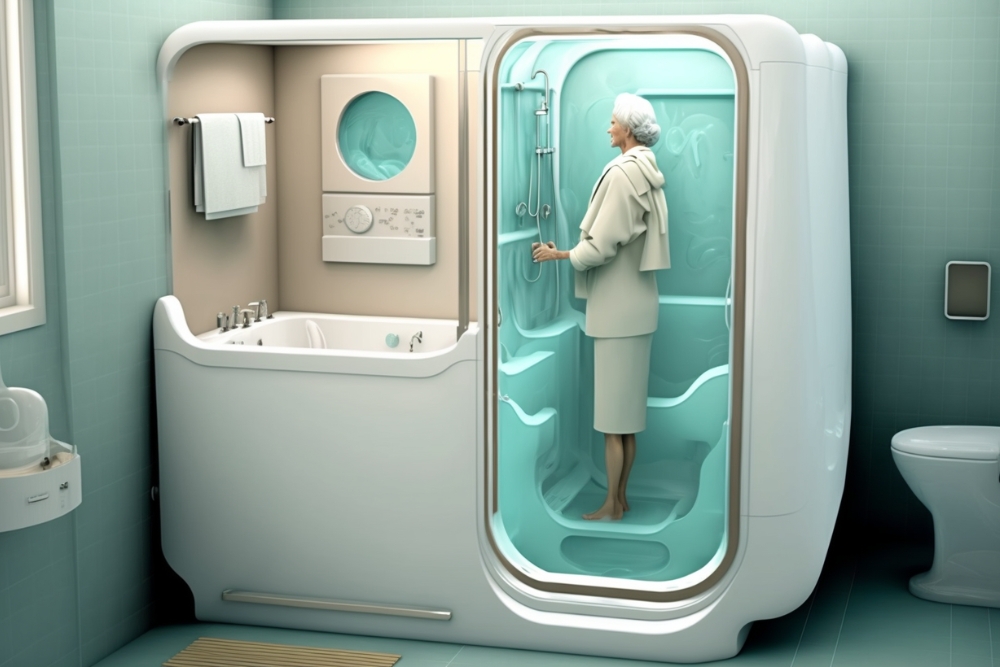These Luxury Cars Cost Less Than You Think
Luxury automobiles have long been symbols of success, craftsmanship, and exclusivity. For many, these sophisticated machines seem permanently out of reach—vehicles to admire from afar but never own. However, the luxury car market has evolved significantly in recent years, with many prestigious brands offering more accessible models and the pre-owned market creating new opportunities for aspiring luxury car owners. The perception that all luxury vehicles come with astronomical price tags is increasingly outdated.

What Defines a Luxury Car in Today’s Market?
Luxury cars are distinguished by their exceptional engineering, premium materials, cutting-edge technology, and prestigious brand heritage. Unlike standard vehicles, luxury automobiles emphasize superior comfort, outstanding performance, and exclusive features that create a distinguished driving experience. Top luxury car brands like Mercedes-Benz, BMW, Audi, and Lexus have built their reputations on delivering vehicles that excel in these areas.
The luxury designation extends beyond the driving experience to encompass the ownership journey. Premium service packages, extended warranties, and personalized customer care are hallmarks of luxury brands. These elements contribute to the overall value proposition, even when considering more affordable models from prestigious manufacturers.
Which Entry-Level Luxury Cars Offer the Best Value?
Several luxury brands have strategically expanded their lineups to include more affordable entry-level models without compromising their core values. The Audi A3, starting around $33,900, delivers the brand’s celebrated German engineering and sophisticated technology suite in a compact package. BMW’s 2-Series, beginning at approximately $35,700, offers the exhilarating driving dynamics the brand is famous for at a more accessible price point.
Mercedes-Benz’s A-Class sedan, with a starting MSRP of about $33,950, brings the brand’s legendary comfort and cutting-edge MBUX infotainment system to a wider audience. Meanwhile, the Lexus UX crossover, beginning around $33,000, combines Japanese reliability with luxury appointments and impressive fuel efficiency.
How Can Second-Hand Luxury Cars Deliver Premium Experiences?
The second-hand luxury car market represents perhaps the most accessible path to premium automotive ownership. Luxury vehicles typically depreciate 50-60% within the first three years of ownership, creating remarkable value opportunities for second owners. A three-year-old BMW 5 Series or Mercedes E-Class can often be purchased for less than the price of a new mid-range family sedan.
Certified Pre-Owned (CPO) programs from luxury manufacturers offer particularly compelling value. These vehicles undergo rigorous inspection processes and typically come with extended warranties, providing peace of mind alongside luxury. Platforms specializing in luxury pre-owned vehicles, like Carvana’s luxury collection or CarMax’s premium selections, have made finding these vehicles simpler than ever.
What Are the Most Affordable Ways to Experience the World’s Most Luxurious Car Brands?
While the most luxurious car in the world—typically ultra-exclusive models from Rolls-Royce, Bentley, or Bugatti—remain firmly in the multi-million-dollar range, many prestigious brands offer more attainable options. Porsche’s Macan, starting around $54,900, delivers the sports car manufacturer’s DNA in a practical SUV format. Maserati’s Ghibli sedan, with its Italian flair and Ferrari-built engines, starts at approximately $74,390—still premium, but far below the brand’s flagship models.
Even traditionally ultra-exclusive brands have introduced relatively more accessible models. The Aston Martin Vantage begins at around $146,000, while Bentley’s entry-level Bentayga SUV starts at approximately $177,000. While these prices remain substantial, they represent the most accessible points of entry to brands previously exclusive to the ultra-wealthy.
What Unique Ownership Costs Should You Consider with Luxury Cars?
Luxury car ownership extends beyond the initial purchase price to include several unique considerations. Insurance costs for premium vehicles typically run 30-50% higher than for mainstream models. Maintenance expenses can also be significantly more substantial—a routine service for a Porsche might cost three times that of a Toyota.
However, many affordable luxury cars deliver surprising efficiency. The BMW 330e hybrid achieves approximately 75 MPGe, while the Mercedes-Benz A220 delivers up to 35 MPG highway. Additionally, luxury vehicles often retain value better than their mass-market counterparts, particularly those from brands with strong reputations for reliability like Lexus and Porsche.
How Do Different Luxury Car Models Compare on Price and Features?
Understanding the relationship between price and features across luxury car models helps identify genuine values in the market. The following table compares several affordable luxury options across different segments:
| Model | Starting MSRP | Key Luxury Features | Performance Highlights |
|---|---|---|---|
| Lexus UX 200 | $33,000 | Premium audio, synthetic leather, safety tech suite | 169hp, 33 MPG combined |
| Mercedes A-Class | $33,950 | MBUX voice assistant, turbocharged engine, ambient lighting | 188hp, 0-60 in 7.1s |
| BMW 2-Series | $35,700 | iDrive infotainment, premium materials, driving dynamics | 228hp, 0-60 in 5.3s |
| Genesis G70 | $37,525 | 10-year warranty, real leather, active safety features | 252hp, available AWD |
| Volvo S60 | $39,250 | Scandinavian design, exceptional safety, Pilot Assist | 250hp, semi-autonomous driving |
| Audi A4 | $39,900 | Virtual cockpit, quattro AWD, premium audio | 201hp, refined driving experience |
Prices, rates, or cost estimates mentioned in this article are based on the latest available information but may change over time. Independent research is advised before making financial decisions.
The luxury car market continues to evolve, with more accessible options appearing regularly. From entry-level models from prestigious brands to the second-hand luxury market, opportunities abound for those seeking a premium automotive experience without breaking the bank. While luxury vehicles will always command premium prices compared to mainstream alternatives, the gap continues to narrow—making now perhaps the best time in history to consider moving up to a luxury brand that once seemed out of reach.




